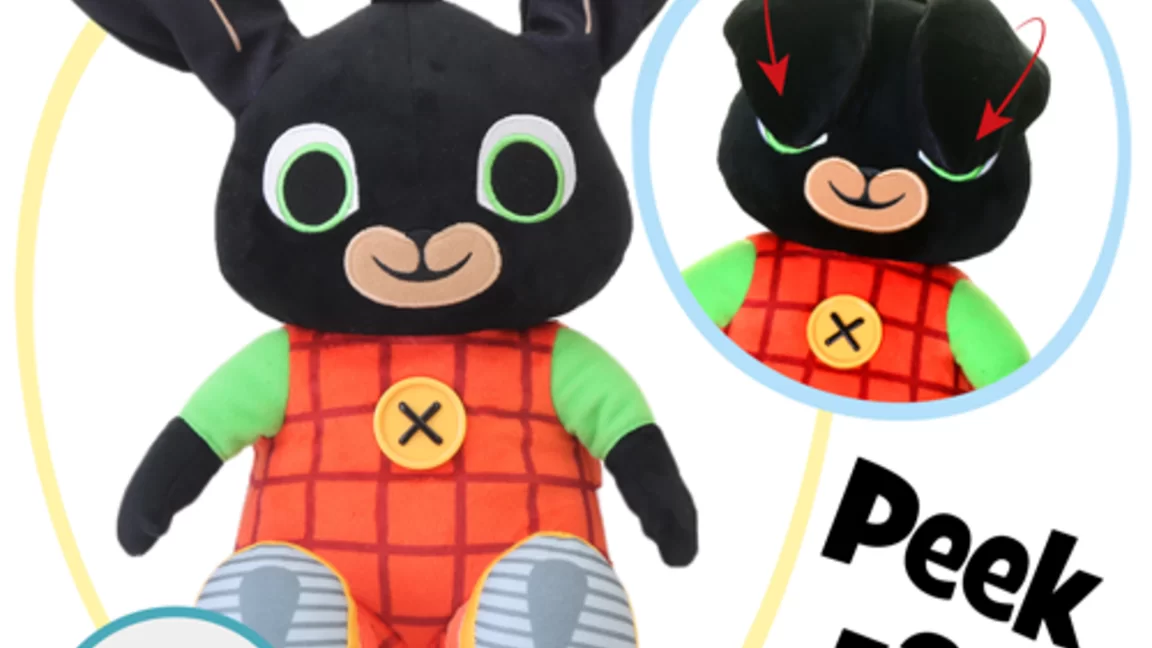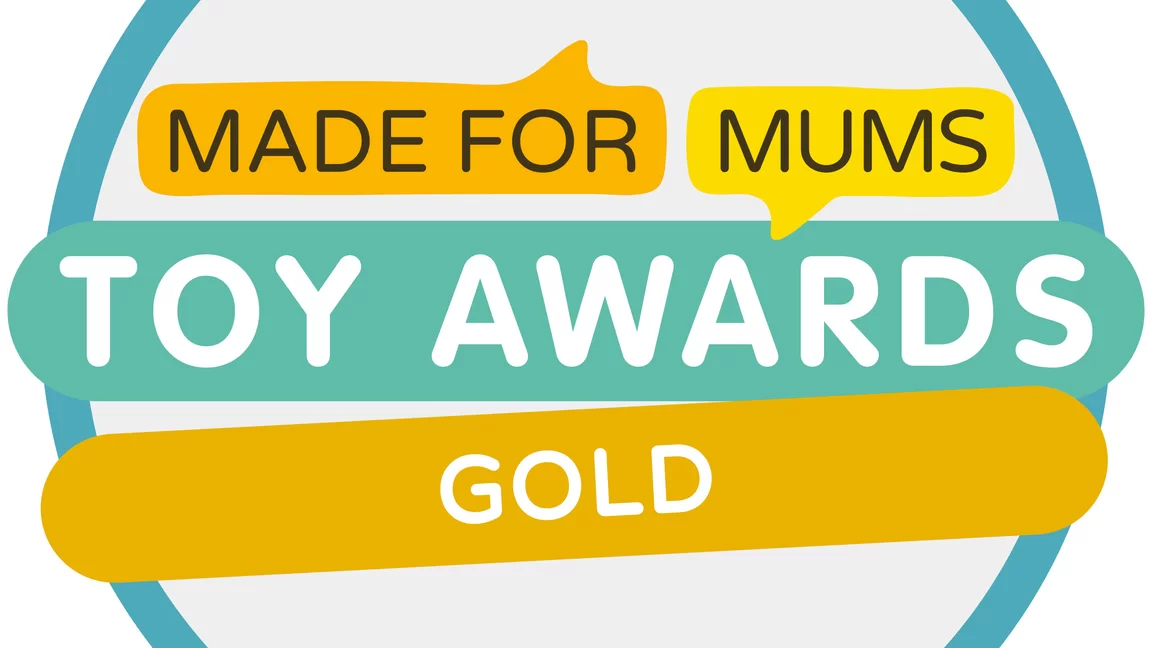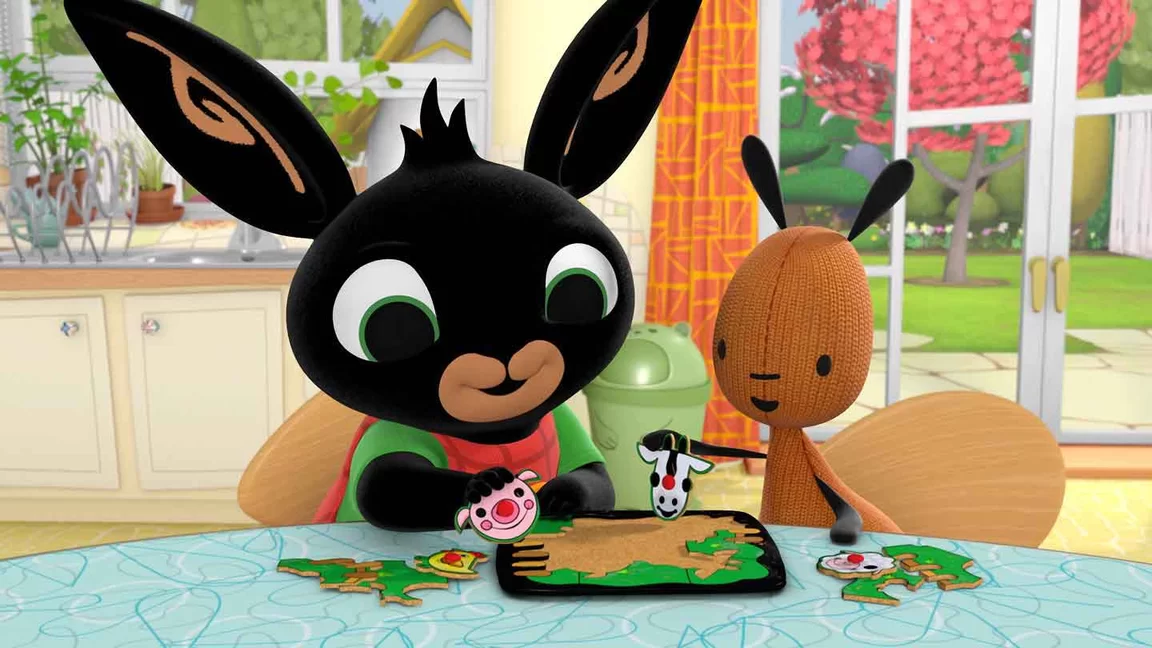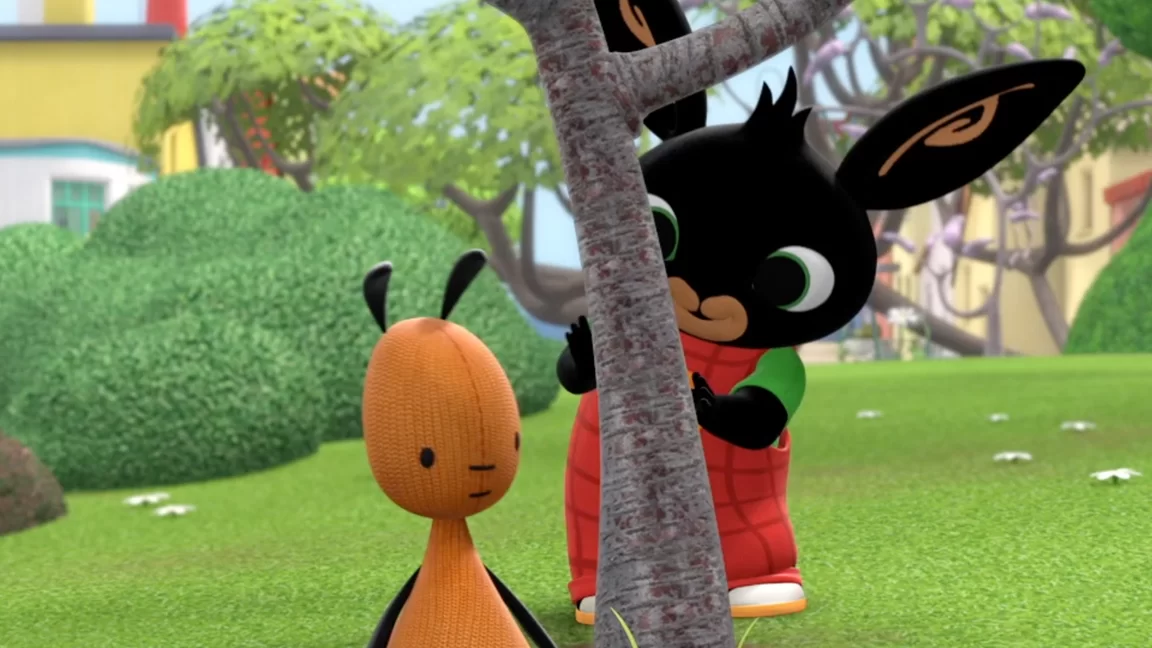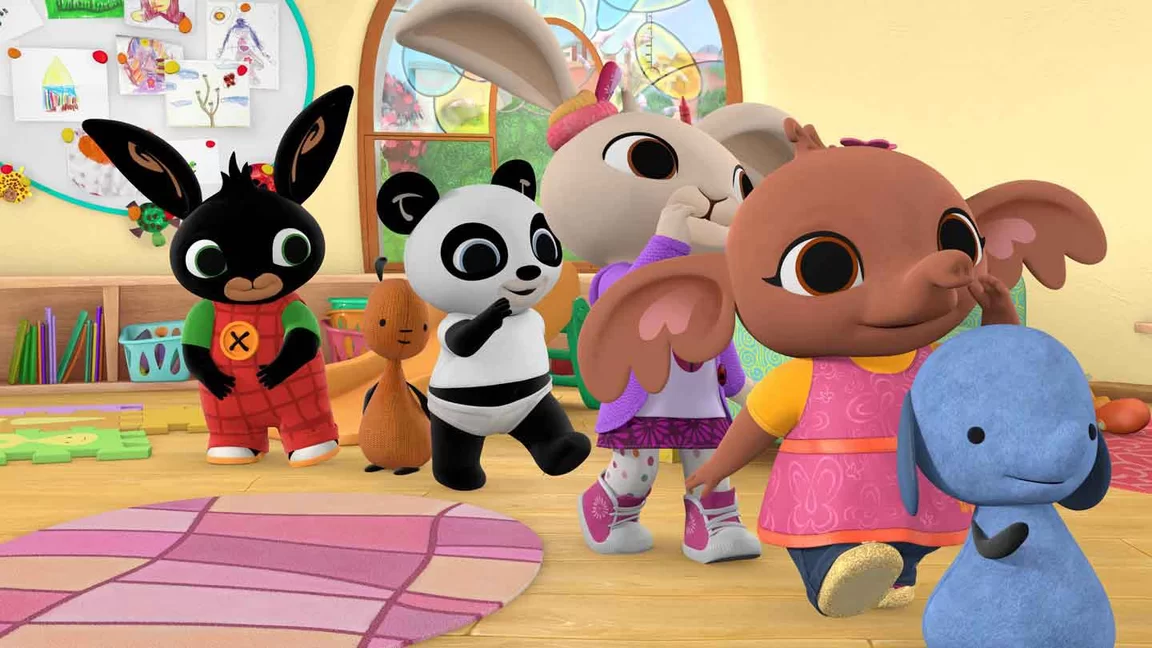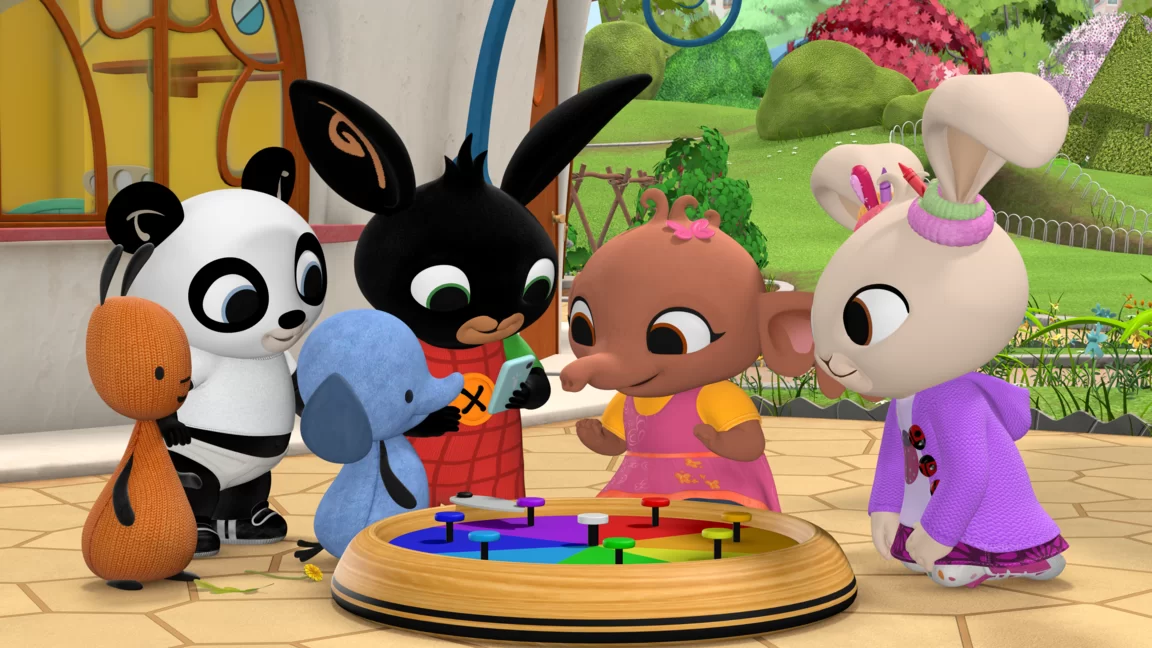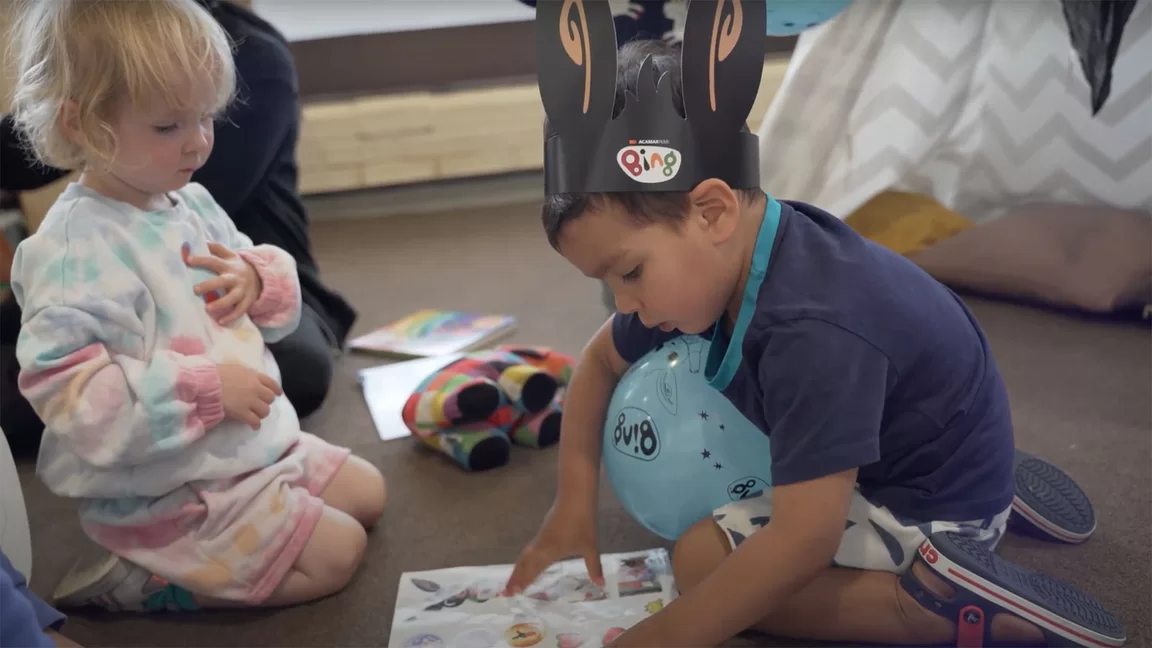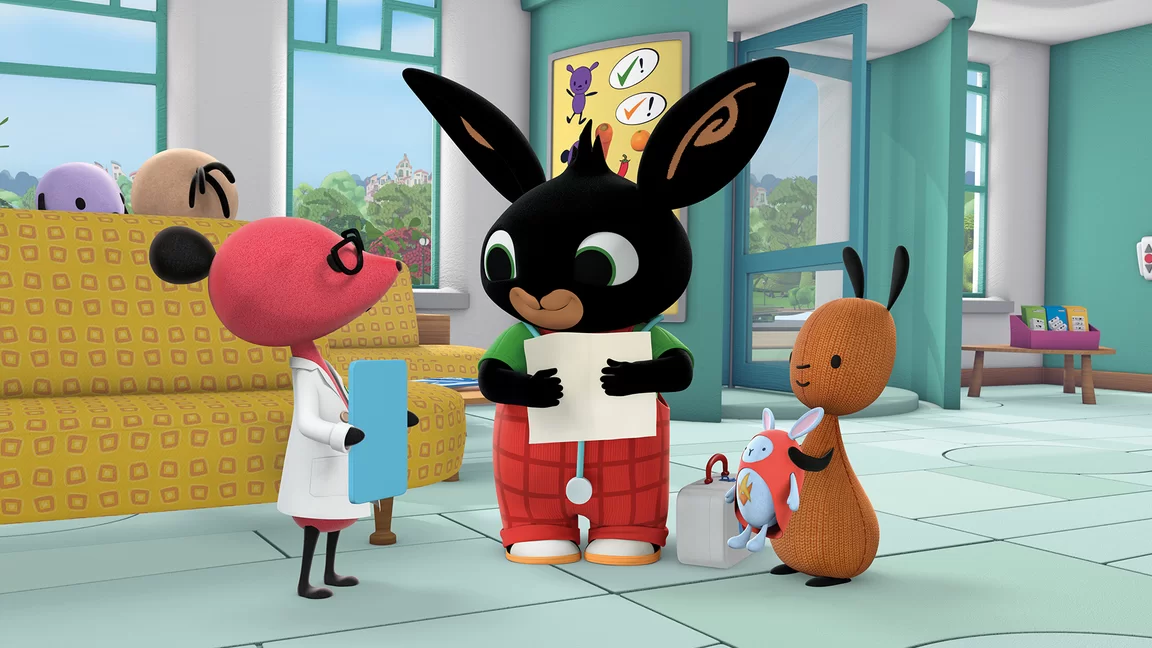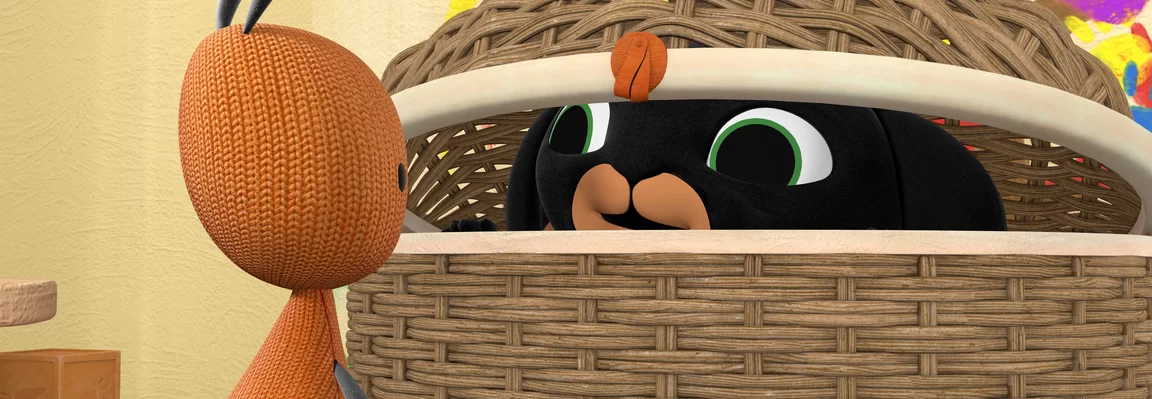
The power of playing peek-a-boo with Children
The Power of Playing Peek-a-Boo with Young Children
By Amanda Gummer
Peek-a-Boo has been delighting infants for generations. Beyond its simple entertainment value, this playful interaction holds incredible benefits for a child's cognitive development.
How can playing Peek-a-Boo benefit my child?
Peek-a-Boo lays the foundation for a vital cognitive concept known as "object permanence." In the early months, babies are still learning that objects continue to exist even when they are out of sight. When parents or caregivers hide their faces during Peek-a-Boo, infants experience the joy of rediscovery when the face reappears. Through repetition, babies grasp the idea that just because something is hidden, it doesn't cease to exist. This new-found understanding is essential for memory and problem solving later in life.
Amanda Gummer
Play Peek-a-Boo and other games that involve hiding objects regularly. You can use blankets, toys or your hands to make the game more exciting and unpredictable.
Which skills can playing Peek-a-Boo help build?
Peek-a-Boo promotes essential social skills, including turn-taking and reciprocity. As babies develop, they learn that they can influence the game by hiding and revealing their faces or other objects themselves. This back-and-forth interaction fosters a sense of connection with the caregiver and enhances the child's social confidence. Additionally, the giggles and laughter during the game create positive associations with socialising, making children more receptive to future social interactions.
Amanda Gummer
Encourage your child's participation by exaggerating your actions and expressions during Peek-a-Boo. Your enthusiasm will captivate your little one, prompting them to engage more actively in the game.
Can playing Peek-a-Boo help with language development?
Language development is closely tied to early interactive experiences. Peek-a-Boo provides an excellent platform for introducing simple language cues. As you hide and reveal your face, use repetitive phrases like "Peek-a-Boo!" or "Where's Mummy/Daddy?" Hearing these phrases consistently helps children associate words with actions, objects and emotions, supporting their language comprehension and expression.
Amanda Gummer
Incorporate the names of family members or favourite toys during Peek-a-Boo to personalise the experience. This helps children recognise and associate the names with the people and objects they love.
Cognitive benefits of Peek-a-Boo
Peek-a-Boo's dynamic nature encourages children to adapt to changing circumstances quickly. As they anticipate the reappearance of faces or objects, their brains actively process information and respond accordingly. This mental flexibility lays the groundwork for more complex cognitive skills, such as problem-solving, decision-making, and creative thinking.
Amanda Gummer
Gradually increase the complexity of the game by hiding in different places or using multiple objects. This variation challenges your child's cognitive abilities and keeps the playtime engaging and enjoyable.
The power of playing Peek-a-Boo with young children extends far beyond its entertaining nature. This delightful play pattern offers a myriad of developmental benefits, from building object permanence to fostering social skills and language development. By engaging in interactive games like Peek-a-Boo, parents can actively contribute to their child's cognitive growth while creating lasting bonds and cherished memories.
Download a printable version
About the author
Amanda is the CEO of the research consultancy Fundamentally Children (www.fundamentallychildren.com) and Dr Gummer’s Good Play Guide (www.goodplayguide.com) - a consumer-facing review site for children’s toys, apps, learning and baby products.
She has a PhD in neuropsychology, the Postgraduate Certificate in Higher Education and over 20 years experience working with children and families. Widely considered as the UK’s go to expert on play, parenting and child development, her book ‘Play’ was published in May 2105 and has been translated into different languages with extracts being published in the USA’s Toy Industry Association’s Genius of Play initiative for which she is an expert ambassador.

